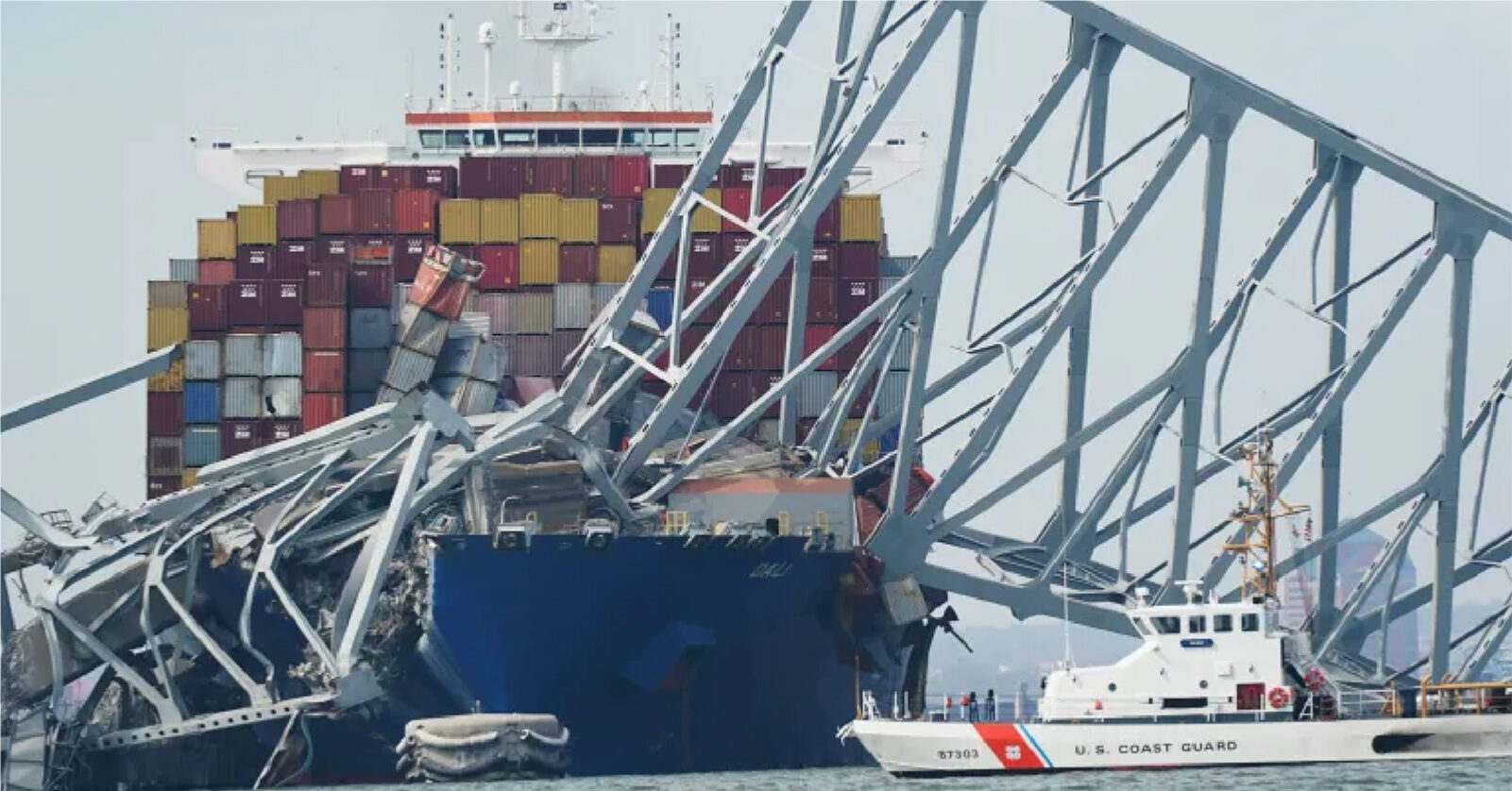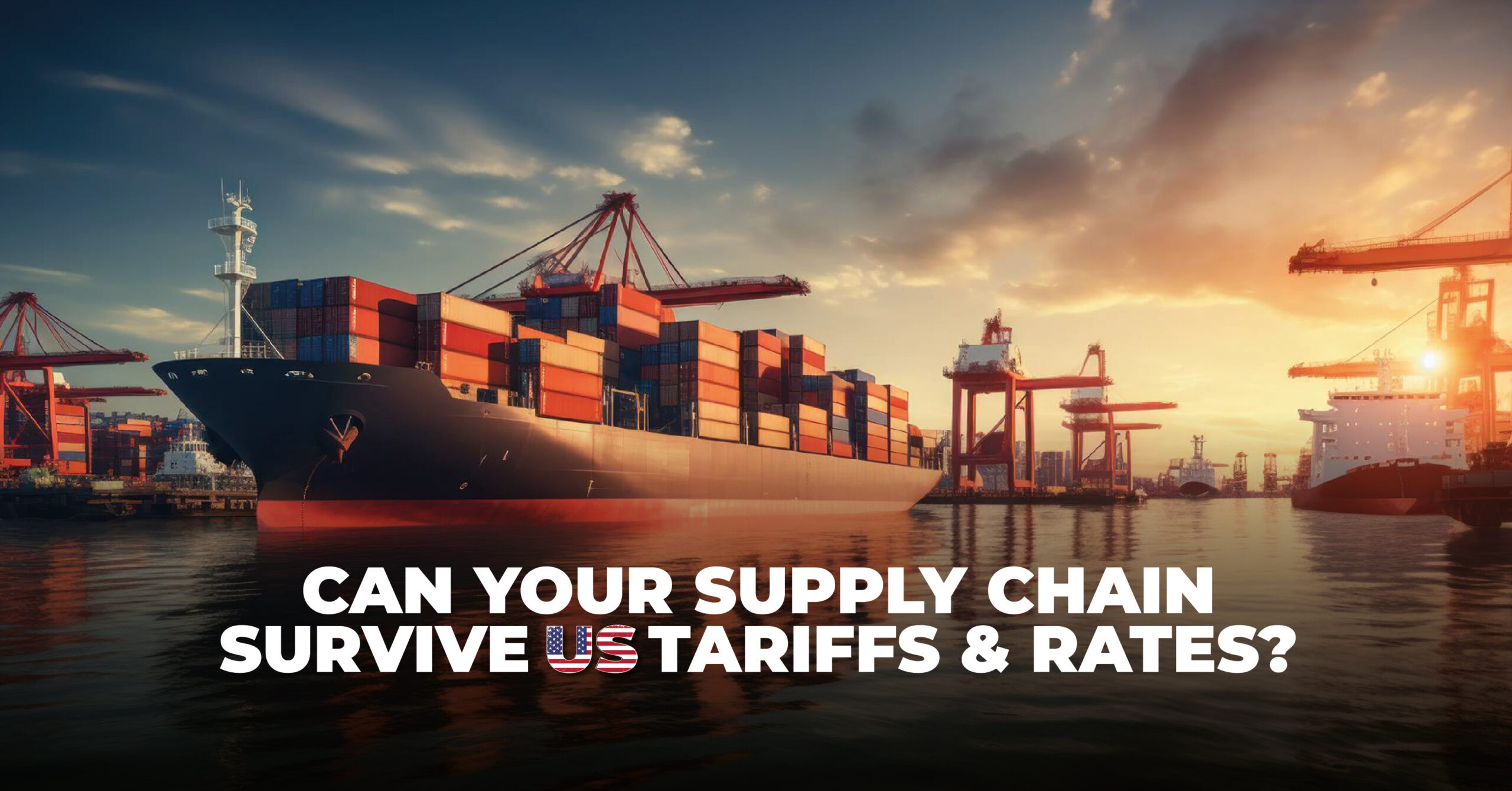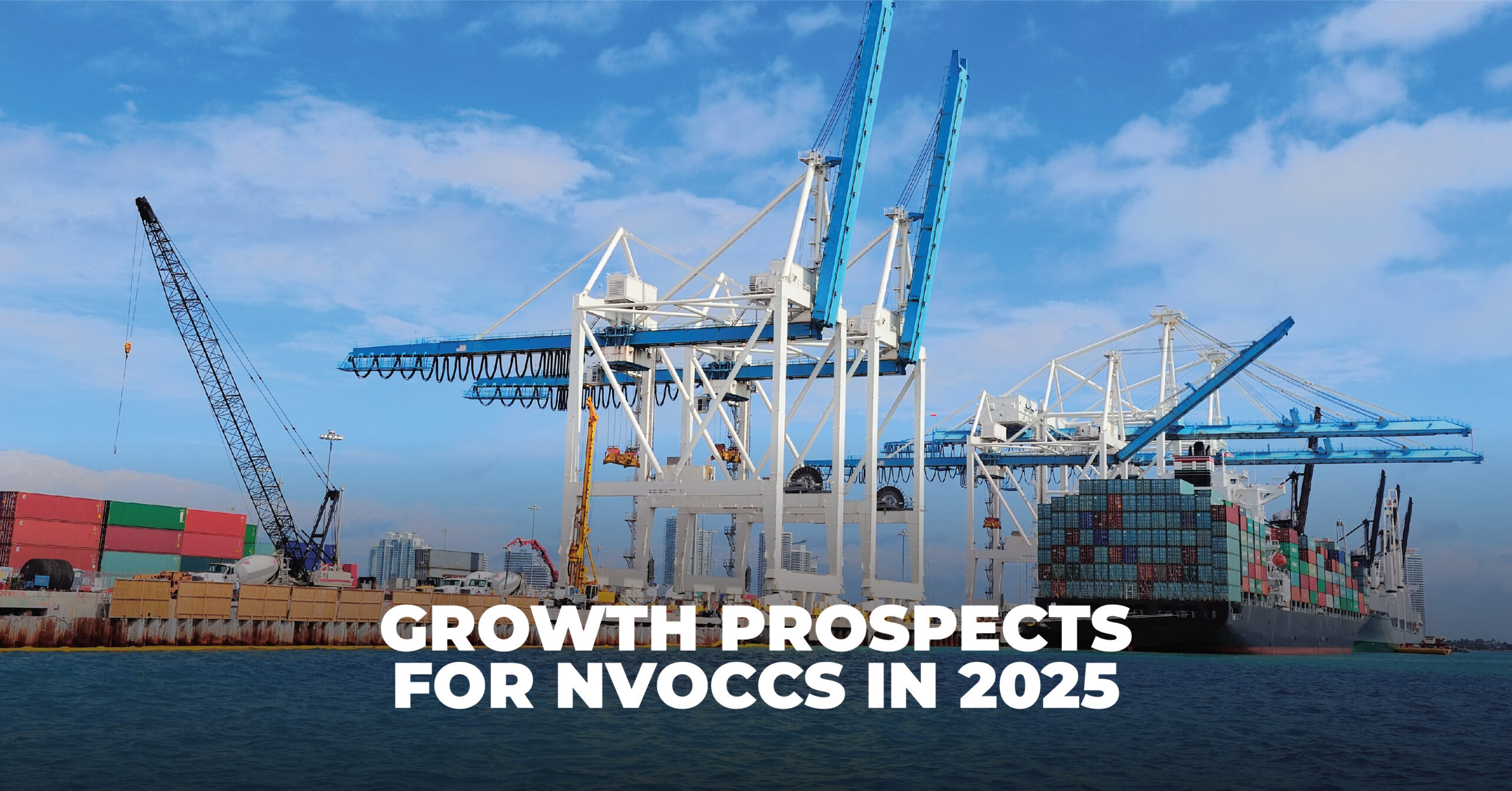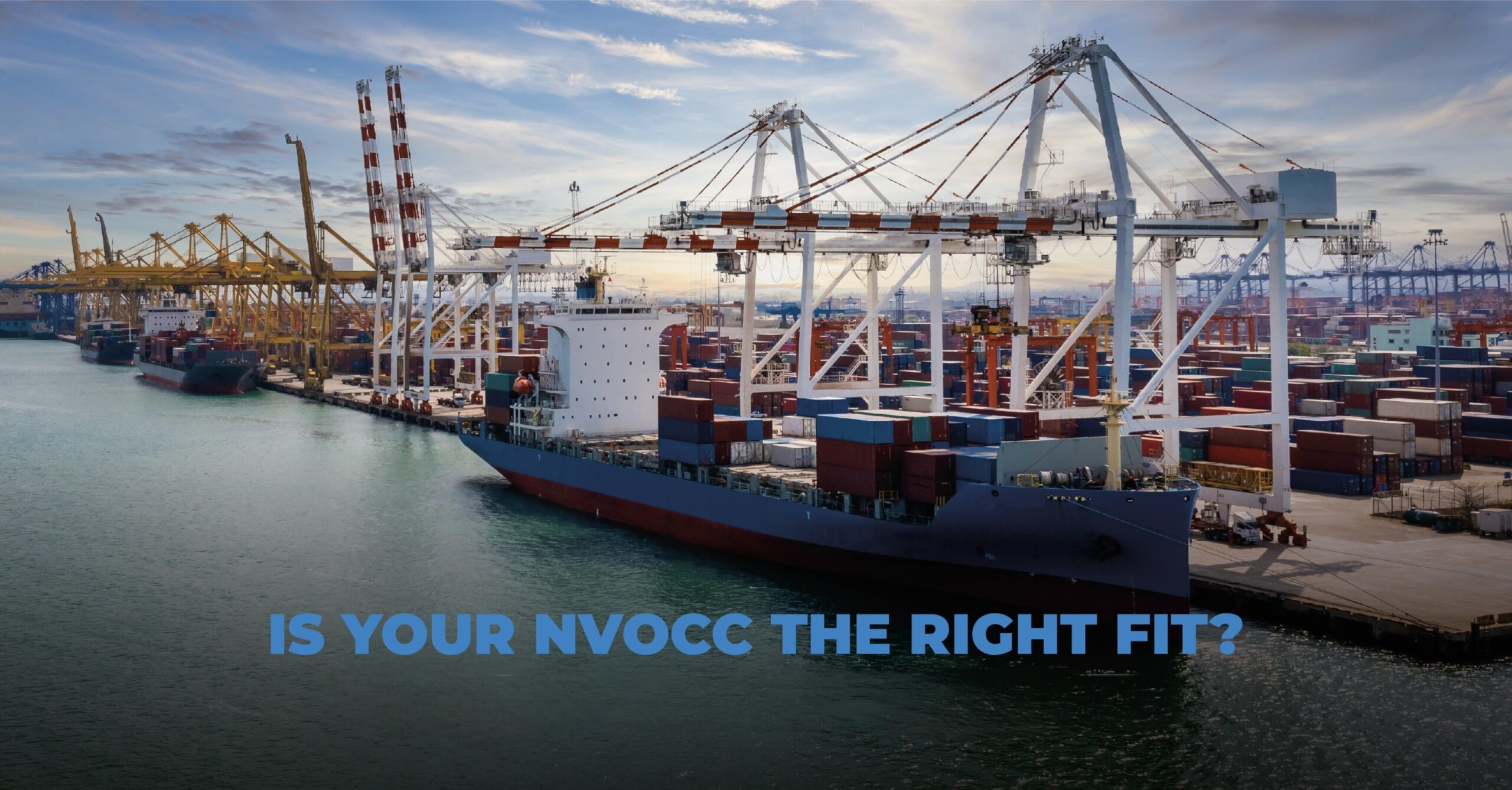A momentous event unfolded in Baltimore, USA, on March 26th, 2024, as the Singapore-flagged container vessel MV Dali, chartered by Maersk for a freight run to Sri Lanka, collided with the Francis Scott Key Bridge due to power loss. While swift action prevented widespread casualties, the incident is poised to reverberate throughout global trade networks.
Impact on the Port of Baltimore: A Critical Node Disrupted
The Port of Baltimore, ranking as the 14th largest in the U.S. and a vital East Coast conduit, now faces closure due to the bridge collapse. Recent statistics from Maryland indicate that in 2023 alone, the port managed 52.3 million tonnes of foreign cargo worth $80.8 billion.
Though not the largest in the area, Baltimore boasts a unique status as the nation’s foremost handler of car shipments. Data from the Maryland Port Administration underscores this, with over 42% of all Baltimore port imports comprising motor vehicles, surpassing 750,000 units in 2023. This disruption is poised to impact global auto manufacturers, necessitating rerouting cargo to alternate East Coast ports.
Beyond Automobiles: Cascading Effects Across Industries
The significance of the Port of Baltimore transcends automobiles, extending to being the second-busiest U.S. coal export hub, with India as the primary recipient. This disruption raises concerns regarding India’s future energy generation capabilities. Furthermore, the port serves as a crucial nexus for farm equipment and dry bulk cargo, exacerbating the potential economic fallout.
The ramifications extend beyond international trade, affecting warehouses operated by industry giants like Amazon and FedEx, potentially disrupting domestic distribution networks. Locally, over 8,000 jobs are at risk, considering the port generates approximately 15,000 jobs, and the bridge plays a pivotal role in transportation infrastructure.
Looking Ahead: Recovery Initiatives and Long-Term Implications
The U.S. government has pledged swift mitigation efforts. Nevertheless, bridge reconstruction entails a significant timeframe, leading to enduring economic consequences regionally and locally. This incident compounds the complexities of an already strained global supply chain, following disruptions caused by COVID-19 and the Red Sea crisis. Businesses and consumers should brace for further delays and potential price fluctuations in international trade.
Despite these tensions and challenges, RSL Container Lines, as an industry-leading NVOCC, has consistently provided a smooth transshipment service to its trusted global logistics partners. Mr. Ronald Chandiram, the Managing Director of RSL Container Lines, emphasizes that the company remains steadfast in its commitment to delivering shipping solutions even in challenging circumstances. The RSL brand stands for its reputation as a solution provider in the global shipping industry, maintaining excellence even when the seas are rough.






